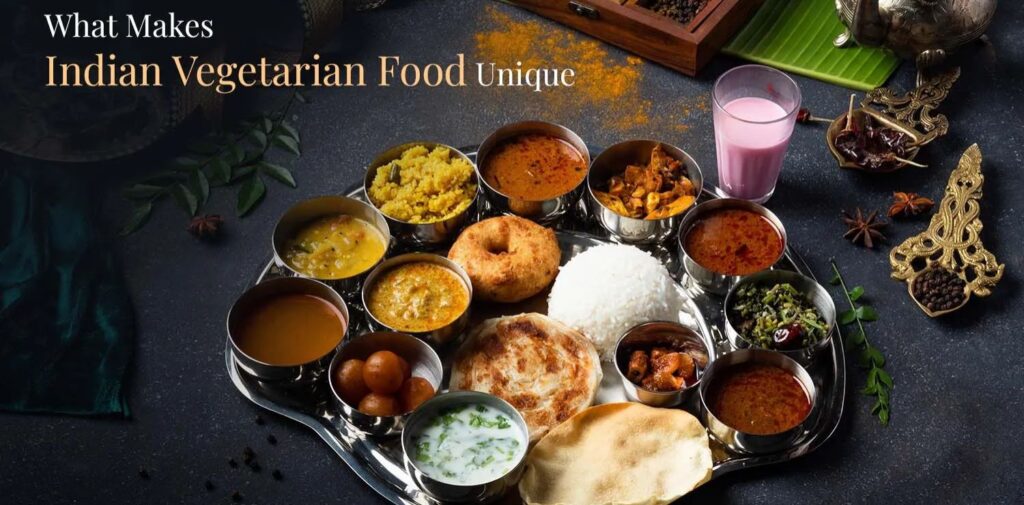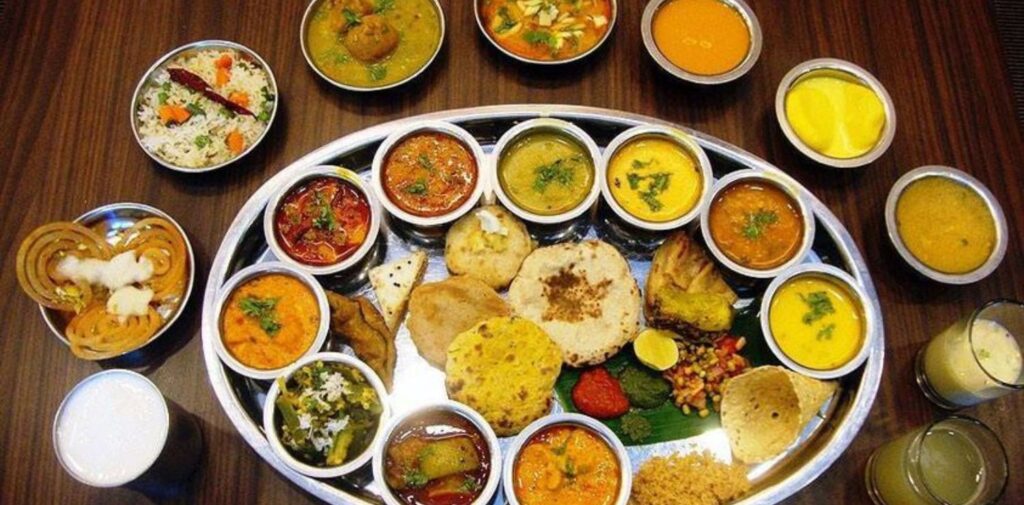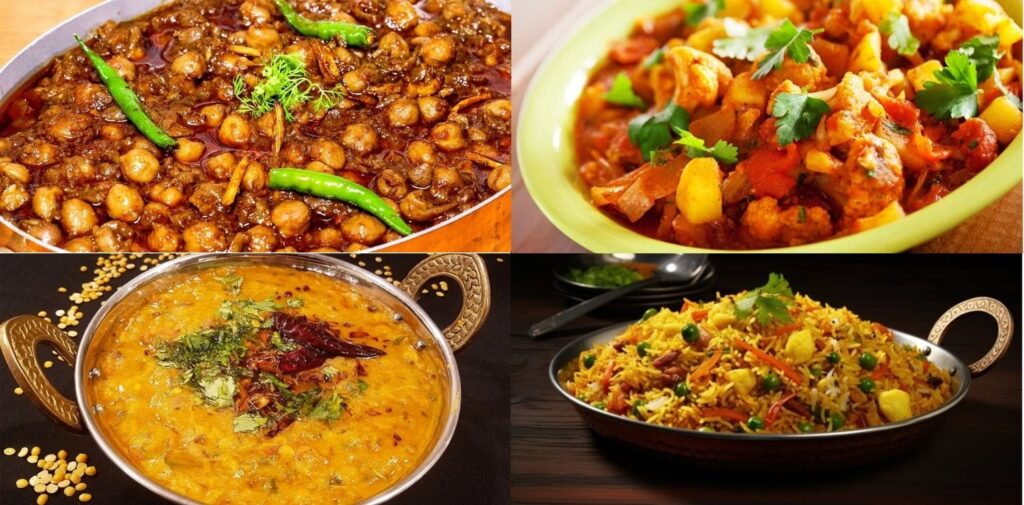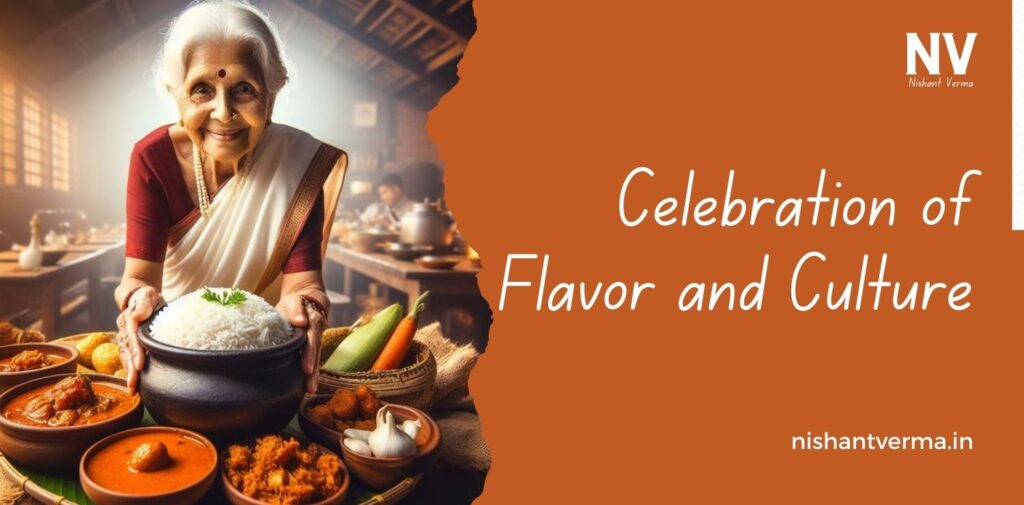When we think of Indian cuisine, what comes to mind? Spicy curries, fragrant rice, and a rainbow of colorful dishes that not only tantalize our taste buds but also reflect a rich cultural heritage. Indian food is not just about eating; it’s about celebrating life, sharing love, and bringing people together. In this article, we will explore the fascinating history of Indian cuisine and its global influence, especially focusing on pure vegetarian food, which holds a special place in this vibrant culinary landscape.
What Makes Indian Cuisine Unique?
Indian cuisine is known for its diversity and variety. Each region of India has its own unique flavors, ingredients, and cooking techniques. From the spicy dishes of the South to the creamy curries of the North, every meal tells a story. But what truly sets Indian food apart is its use of spices. Spices are the heart of Indian cooking, and they not only add flavor but also offer health benefits.

How Did Indian Cuisine Develop Over Time?
The history of Indian cuisine is as rich as its flavors. It has been influenced by various cultures and civilizations over the centuries. Ancient texts like the “Manasollasa” and “Sushruta Samhita” highlight the significance of food in Indian society, detailing recipes and the medicinal properties of various ingredients.
With the arrival of the Mughals in the 16th century, Indian cuisine began to evolve. They introduced new ingredients and cooking methods, leading to the creation of iconic dishes like biryani and kebabs. However, the essence of Indian food remained, with a strong focus on vegetarian dishes that are both wholesome and flavorful.
Why is Vegetarianism Important in Indian Culture?
Vegetarianism has deep roots in Indian culture, primarily influenced by religious beliefs and philosophies. Hinduism, Jainism, and Buddhism emphasize non-violence and respect for all living beings, which translates into a predominantly vegetarian diet for many Indians. This practice not only promotes compassion but also encourages a healthy lifestyle.
Vegetarian dishes in India are incredibly diverse. From paneer tikka to chole bhature, each dish is crafted with love and a variety of spices. The use of legumes, lentils, and vegetables ensures that vegetarian food is nutritious and satisfying.
How Has Indian Cuisine Influenced the World?
The global influence of Indian cuisine has grown exponentially in recent years. But how did Indian food make its way into kitchens around the world? The answer lies in migration, trade, and cultural exchange.
What Role Did Indian Migration Play?
Indian migration to various parts of the world, especially during the British colonial period, introduced Indian cuisine to different cultures. Indian restaurants began to pop up in places like the United Kingdom, the United States, Canada, and Australia. These restaurants showcased the rich flavors of Indian food, making it accessible to a broader audience.
Today, Indian cuisine has become a staple in many countries. Dishes like curry, samosas, and dosas are now enjoyed globally. Even fast food chains have incorporated Indian flavors, showing how versatile and beloved Indian cuisine has become.
How Are Indian Flavors Being Integrated into Global Cuisines?
The fusion of Indian flavors with other cuisines has created a culinary explosion. Chefs around the world are experimenting with Indian spices and ingredients, creating innovative dishes that reflect a blend of cultures. For instance, a taco might be filled with spicy paneer and topped with cilantro chutney, bringing together Mexican and Indian flavors in a delightful way.

What is the Impact of Indian Vegetarian Food on Global Diets?
As more people become health-conscious and environmentally aware, vegetarianism is gaining popularity worldwide. Indian vegetarian dishes are a fantastic option for those looking to adopt a plant-based diet. They are not only flavorful but also packed with nutrients.
Indian vegetarian food has introduced the world to a variety of ingredients such as lentils, chickpeas, and a wide range of vegetables. Dishes like dal, rajma, and bhindi masala are not only delicious but also easy to prepare. They showcase how vegetarian food can be both hearty and satisfying, proving that you don’t need meat to have a fulfilling meal.
Why Should We Celebrate Indian Cuisine?
Indian cuisine is a beautiful blend of tradition, culture, and innovation. It brings people together, fostering a sense of community and belonging. Whether it’s a family gathering or a festive celebration, food is at the center of it all.

How Does Food Strengthen Bonds?
In India, food is more than just sustenance; it is a way to express love and care. Sharing a meal is a common practice, and it strengthens bonds among family and friends. The act of cooking and sharing vegetarian dishes, like a steaming pot of khichdi or a plate of vegetable biryani, creates a warm and inviting atmosphere.
What Can We Learn from Indian Cooking Practices?
The art of Indian cooking teaches us the importance of patience and mindfulness. Traditional cooking methods often involve slow cooking, allowing flavors to meld together. This practice not only enhances the taste but also encourages us to appreciate the process of creating something beautiful and delicious.
How Can We Experience Indian Cuisine at Home?
If you want to experience the magic of Indian cuisine, why not try cooking some dishes at home? Start with simple vegetarian recipes that are easy to make and bursting with flavor. For instance, a basic vegetable curry can be made with seasonal vegetables, spices, and coconut milk for a rich, creamy texture. Serve it with rice or naan for a complete meal.

What are Some Iconic Vegetarian Dishes to Try?
- Palak Paneer: Spinach cooked with cubes of paneer (Indian cottage cheese) and spices.
- Chana Masala: Chickpeas cooked in a spicy tomato-based sauce, perfect with rice or bread.
- Aloo Gobi: A delightful combination of potatoes and cauliflower cooked with spices.
- Daal Tadka: Lentils cooked with spices and tempered with ghee for a flavorful finish.
- Vegetable Biryani: Fragrant basmati rice cooked with mixed vegetables and aromatic spices.
These dishes are just the tip of the iceberg when it comes to Indian vegetarian cuisine. Each bite is a celebration of flavor and tradition.
Conclusion: History and Influence of Indian Cuisine
In conclusion, the history and influence of Indian cuisine on the global stage is a testament to its rich heritage and vibrant flavors. From its roots in ancient traditions to its contemporary adaptations around the world, Indian food continues to inspire and delight.
As we embrace the diversity of Indian vegetarian cuisine, we celebrate not just a meal, but a way of life that emphasizes compassion, health, and community. So, the next time you savor a spicy curry or a plate of fragrant biryani, remember that you are partaking in a beautiful legacy that transcends borders and brings people together.
Let us continue to explore, appreciate, and share the wonders of Indian cuisine, for it is a celebration of culture, flavor, and unity in diversity.




